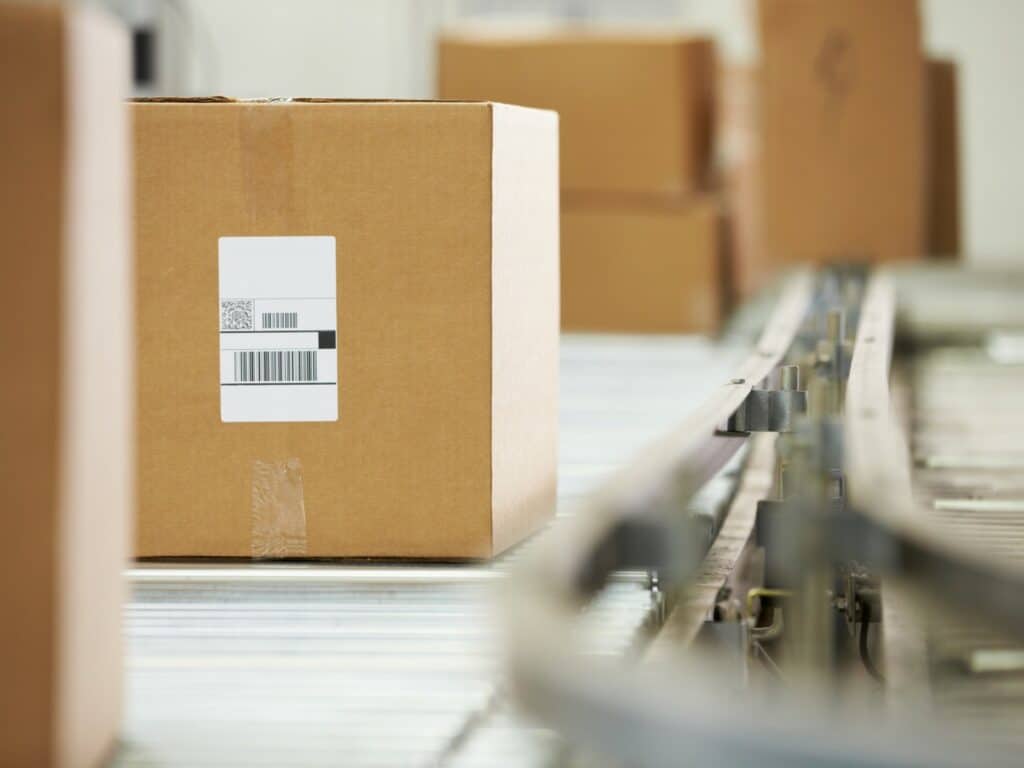What is Contract Manufacturing?
Contract manufacturing is a business model where a company hires a third-party manufacturer to produce its goods. This strategy allows companies to focus on their core competencies such as marketing, brand development, and sales, while the contract manufacturer takes care of the production. A well-chosen contract manufacturer offers expertise, advanced technology, and production capacity, contributing to improved product quality and reduced lead time.
Advantages of Contract Manufacturing
Contract manufacturing offers several advantages. It provides access to advanced production technology and expertise that may be too costly for the company to invest in directly. It also allows for scalability, with manufacturers having the capacity to increase production volumes as required. Moreover, by opting to outsource the manufacturing process, your team has more time to come up with new ideas and products. This provides your employees with the flexibility to concentrate on core priorities.
Disadvantages of Contract Manufacturing
On the downside, contract manufacturing can pose some challenges. Brands may face potential risks related to quality control as the production process is not directly under their supervision. Additionally, there may be issues around intellectual property protection, especially if the product design is unique.


What is Private Label Manufacturing?
Unlike contract manufacturing, where a company designs a product and then contracts a manufacturer to produce it, in the private label manuacturing, a company selects a pre-existing product from a manufacturer’s catalog. The manufacturer then produces this product with the company’s branding.
This strategy can reduce the time and cost of product development, as the product already exists, and only brand identity and brand design need to be added. The success of a private label strategy largely depends on the quality of the chosen product and the strength of the company’s brand.


Advantages of Private Labeling
Retailers can start their private label brand by embracing private labeling, which is both profitable and advantageous. It not only provides increased stability, especially in economic downturns, but also grants retailers comprehensive control over product specifications, pricing, and branding. By tailoring products to their target audience, retailers can enhance customer loyalty, adapt quickly to market changes, and boost profit margins.
Disadvantages of Private Labeling
Private label products have their benefits, but they also bring challenges. Retailers might face delays finding the right manufacturers, have to deal with set minimum order quantities, and address common misconceptions about product quality. If a product doesn’t connect with customers, the retailer takes on all the risk. Therefore, big investments in marketing and brand-building are needed to make sure private label products can compete with well-known brands.
Key Differences Between Contract Manufacturing and Private Label Manufacturing
Both manufacturing solutions, contract manufacturing and private label manufacturing, offer benefits and can lead to similar results, but there are distinct differences to consider. Firstly, contract manufacturing allows greater involvement in design, branding, and packaging, letting you customize the product if needed.
In contrast, private label manufacturing offers already-developed products, making changes to the finished product harder. From a cost perspective, private label manufacturing is often cheaper upfront due to these customization limitations. Although it might seem cost-effective initially, being involved in customizations via contract manufacturing might offer a unique product, potentially leading to a competitive edge and long-term profitability.
While any brand size can benefit from both methods, established brands often lean towards contract manufacturing. This approach allows them to focus on other revenue-driving areas and is ideal for growing brands aiming to introduce custom-made products. Conversely, private label is more attractive to smaller companies, offering low start-up costs and the chance to expand product offerings without the challenges of creating a unique product from scratch.


Private Label vs. Contract Manufacturing: Which Is Right for You?
Choosing between private label manufacturing and contract manufacturing depends on your business goals and resources. Private label is ideal for those aiming to build a brand without getting into the complications of product creation, allowing you to buy generic products, add your branding, and sell them as your own.
Contract manufacturing, on the other hand, suits businesses that have a specific product design in mind but prefer to use another company’s production skills to bring it to life. Assess where you want to invest—be it in branding or product design—and choose the model that aligns best with your vision.
Evaluating Your Company’s Strengths and Resources
The first step in choosing the right manufacturing strategy is thoroughly assessing your company’s resources and strengths. Do you have a strong design team and innovative product ideas that could be brought to life through contract manufacturing? Or perhaps your strengths lie more in branding and marketing, which would suit a private label strategy.
Contract manufacturing necessitates a significant investment in product design and development and a close relationship with the manufacturer to ensure the final product meets your exact specifications. If you have the resources for this, contract manufacturing can offer the highest level of customization and control over your product.


Analyzing Market Differentiation Strategies
Market differentiation strategy is another crucial factor to consider. If your brand strength lies in offering unique, innovative products that stand out in the market, contract manufacturing could be the optimal path. It allows you to create products that are distinctively yours, fostering strong brand recognition and loyalty.
Conversely, if you’re looking to quickly capitalize on trending products or fill a gap in your product range, private label strategy might be more beneficial. This model eliminates the need for product idea development, offering a more cost-effective and faster route to market.
However, it’s important to note that this strategy may offer less product differentiation. Since private label products are chosen from a manufacturer’s existing catalog, there’s a chance that similar or identical products may already be in the market. Therefore, your branding and marketing efforts would play a crucial role in differentiating your product.
Balancing Cost and Speed to Market
Costa and speed to market are two other vital considerations. Contract manufacturing can be a larger upfront investment due to the costs associated with product design and development. However, this approach could pay off in the long term if it leads to a successful, unique product that strengthens your brand.
On the other hand, cost to lunch a private label strategy can require a smaller investment in order to bring to market, as it eliminates the need for product development. This makes it an attractive option if you’re aiming to quickly respond to market trends or expand your product range.
Understanding expected ROI in Manufacturing
Assessing ROI and production goals requires a deep look into whether leveraging a private label manufacturer’s pre-existing product offers better time and cost savings. If your product stands out, a contract manufacturer could be a wiser financial choice. It’s important to remember that ROI is influenced by various factors like economic shifts, shipping challenges, and equipment costs. While private label manufacturers tend to have solid, consistent supplier relationships that promise smoother production, contract manufacturing might sometimes face problems from outside supply chain troubles.